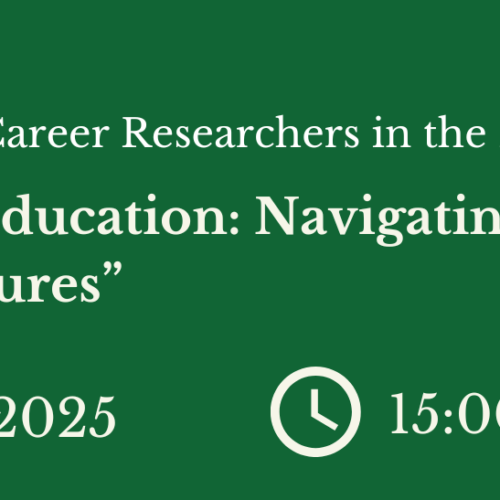University of Winchester Announces PhD Fellowship in History of Women’s Education
The University of Winchester announces a 3 year funded PhD project is for research into the British Federation of University Women (now British Federation of Women Graduates) 1920-1960 and their Sybil Campbell Library Collection, which is held at the University of Winchester. The project may consider changes in women’s employment, education and public engagement up to the emergence of the second wave feminist movement. The successful candidate will be expected to contribute to the intellectual life of the Research Centre for the History of Women’s Education. Dr Stephanie Spencer (DOS) and Professor Joyce Goodman (2nd Supervisor). Please contact Dr Spencer for more information about this project, or PGRadmin@winchester.ac.uk for more information about the studentship.
Additional information available here.
About author
You might also like
ISCHE 43 – Milan: Call for Proposals
ISCHE 43, 31 August – 4 September 2022, Milan, Italy Conference Theme: “Histories of Educational Technologies. Cultural and Social Dimensions of Pedagogical Objects” Download Call for Proposals English Spanish French
CFP: Annual meeting of the Finnish Society for History and Philosophy of Education (FSHPE). June 11-12 2019 Oulu, Finland.
Call for papers Annual meeting of the Finnish Society for History and Philosophy of Education (FSHPE) June 11.-12. 2019, University of Oulu, Oulu Finland The theme
CFP – ECER 2019 Hamburg. Deadline: Jan. 31, 2019
CALL FOR PROPOSALS The European Conference on Educational Research & Emerging Researchers’ Conference Hamburg, September 2019 EERA and the Universität Hamburg invite Educational Researchers to submit proposals for the



